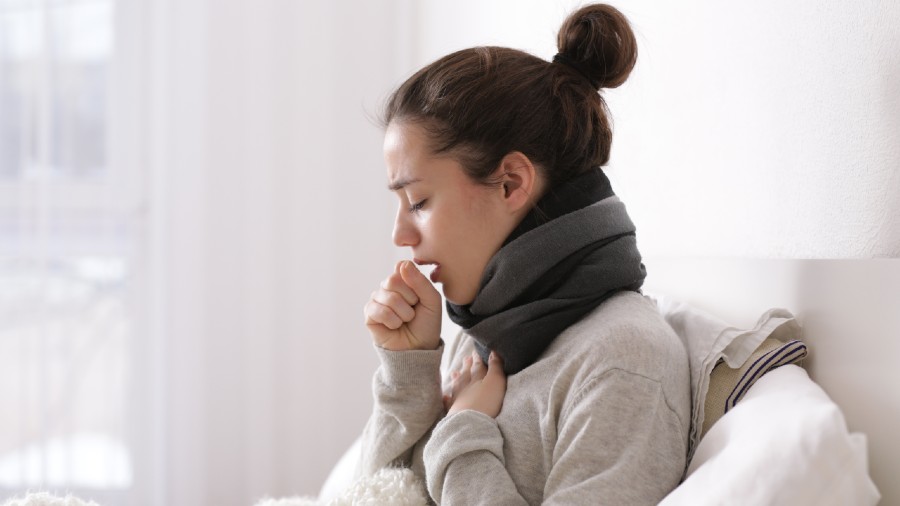We are in a pandemic caused by the coronavirus. Around 2-3 per cent of the people who get the infection die. These are usually the infirm, elderly and people with co-morbidities. The rest recover with rest and fluids. These facts have not prevented panic reactions. People who have a blocked nose from a common cold lose their sense of smell. As anosmia has been widely publicised as a symptom of Covid-19, it leads to more panic.
People demand treatment, but there’s no specific treatment for this virus. Antibiotics do not work. Neither does the commonly used antiviral oseltamivir (Tamiflu), which works only against influenza A and B. Here too, it only reduces the severity of the infection if taken within 48 hours of the onset of symptoms. Patients have to wait and watch. This approach does not go down well with frightened patients.
Remdesivir is indicated for use in a Covid-19 patient who is severely ill. The loading dose of 200mg is administered intravenously, followed by 100mg once a day for 4-5 days. This reduces the severity. Remdesivir should not be given in children under 12 or people less than 40 kilos in weight. It should not be self-administered to prevent infection either.
What confuses is the climate change — the flu season has started. The symptoms of flu are very similar to those of Covid-19. Both can cause fever, stuffy nose, muscle aches and pains, diarrhoea and cough. But there is no loss of smell in flu unless the nose is blocked.
Seasonal allergies occur because of dust and pollen in the air, when the weather changes. There is no fever. There may be wheezing, sneezing, red, itchy eyes but no muscle pains or diarrhoea. These may have occurred in previous years too, when there was no pandemic.
With a common cold, the fever may be low grade or absent, muscle aches and pains are mild, there is no diarrhoea or vomiting. Sneezing may be severe. There may be loss of smell, but it is related to the stuffy nose and clears up with steam inhalations.
If you are sick, record your temperature. The hand, though sensitive, is not a thermometer. “I am burning hot” without a temperature recording of 100.6 degree Fahrenheit or more is not fever. Wait for 2-3 days to see if it subsides. Do not overdose with paracetamol — 10 mg/kg body weight is the recommended dose. More than 500mg every six hours is usually not required. Take steam inhalations twice a day and gargle with salt water. Do not take antibiotics. They will not work against flu, allergies or Covid.
To protect yourself:
• Wear a mask properly covering your nose and mouth when you go out. If needed, wear two.
• The infection is transmitted through the air. The fine virus particles can remain suspended for some time, so it makes sense to wear a mask even at home if there are people around you coughing and sneezing
• Flu vaccine protects against influenza. As the strain causing infections tends to mutate, everyone above the age of six months should be immunised every year (it will also help physicians make a diagnosis)
• Covid vaccines are very effective. Even a single dose provides 75 per cent protection. Immunised people can develop the infection, but it is usually mild and not fatal
• Do not believe in rumours that circulate around you. Protect yourself and your family with immunisation.
The writer is a paediatrician with a family practice at Vellore and the author of Staying Healthy in Modern India. If you have any questions on health issues, please write to yourhealthgm@yahoo.co.in











